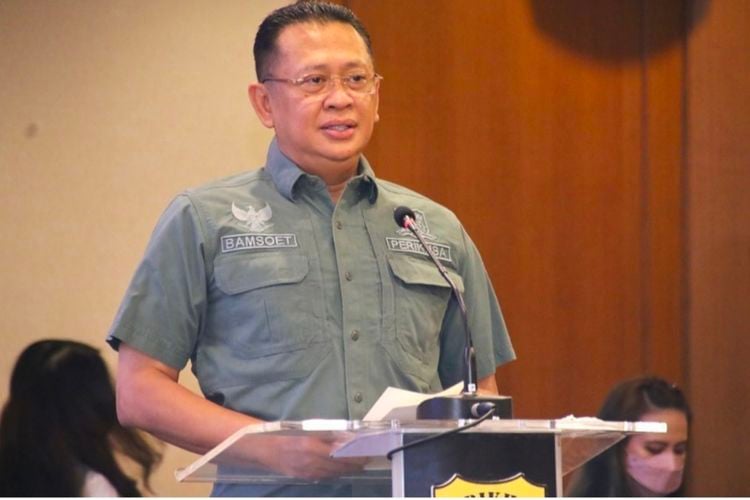According to Meral, the vaccination rate in the district still does not reach the national average. “But we did get it up then.”
The danger of corona has not yet passed for a significant part of these people. Meral: “About 40 percent has been boosted here. And the people are more vulnerable anyway. Especially the guest workers from the past, the current over-70s. They have worked hard all their lives and have therefore lived an unhealthy life.”
Permanent supervisors needed
The big lesson for Meral is that standard health educators – as he calls them – are needed in vulnerable neighborhoods to guide people who cannot find their way in health care independently. In fact, they are taking over the information that Meral and other volunteers have given many Saturdays in their spare time at the market in the neighborhood.
“In times of crisis you can do that, go to the market every Saturday, but we can’t keep this up forever. There has to be a fully-fledged function for this kind of work. And if there is no pandemic, these information officers can also help us with informing about obesity and diabetes.”
Formiliar face
These educators know the language and culture of minorities and have good knowledge of health care, says Meral. It is also important that they become familiar faces in the neighbourhood. “Such functions should again become separate and paid functions at the municipal GGD.”
Patricia Heijdenrijk, director of Pharos, the expertise center in the field of health inequalities in the Netherlands, endorses the importance of such health educators. Pharos has also been training people for this position for years under the heading of ‘key persons’.
Heijdenrijk points out that it is already policy in many municipalities to have such people. “The problem is that it mainly concerns volunteer positions. We have already trained many people. Only a few manage to find a paid job.”
Appropriate care
Heijdenrijk emphasizes that health educators are not only used to send information, but also to retrieve it. They know who is being listened to in a community. For example, people in the mosque.
So if another major campaign is being prepared to inform people about measures against a virus, these key people can indicate who you should contact. “We can then use that knowledge to tailor care for vulnerable groups.”
–


